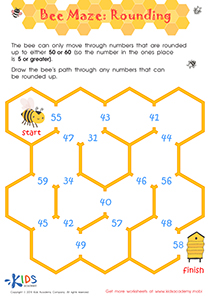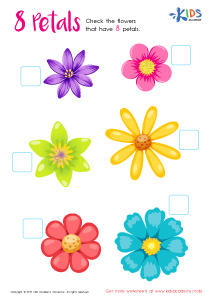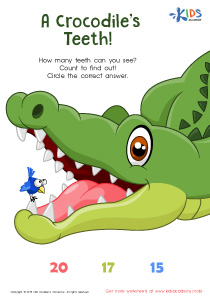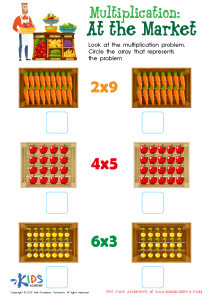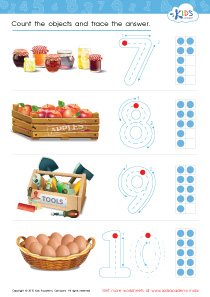Normal Numbers 11–20 Worksheets for Ages 5-6
4 filtered results
-
From - To
Dive into the exciting world of mathematics with our "Normal Numbers 11–20 for Ages 5-6" worksheets! Tailored specifically for young learners, this delightful collection of worksheets is designed to build a strong foundation in basic numeracy skills. Through a variety of engaging activities, children aged 5 to 6 will explore and understand the numbers 11 through 20 in a fun and interactive way. Whether it's counting, recognizing, or writing numbers, our worksheets make learning enjoyable and accessible. Perfect for both classroom use and home practice, these worksheets are an essential resource for nurturing a love for numbers in early learners. Start your child's mathematical journey with confidence and creativity today!
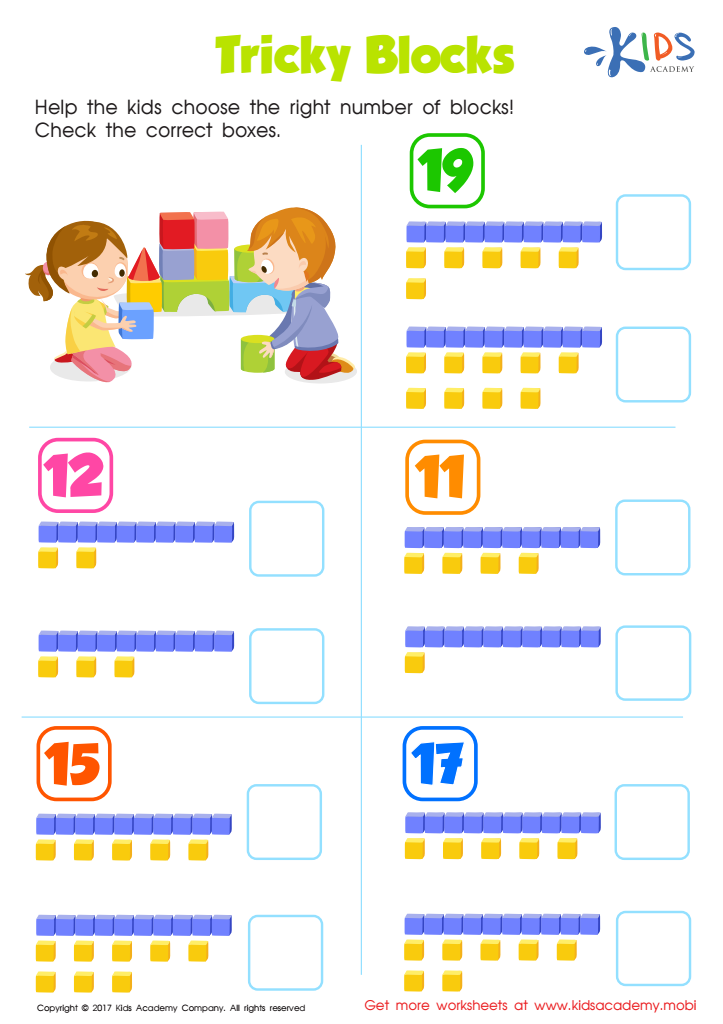

Tricky Blocks Worksheet
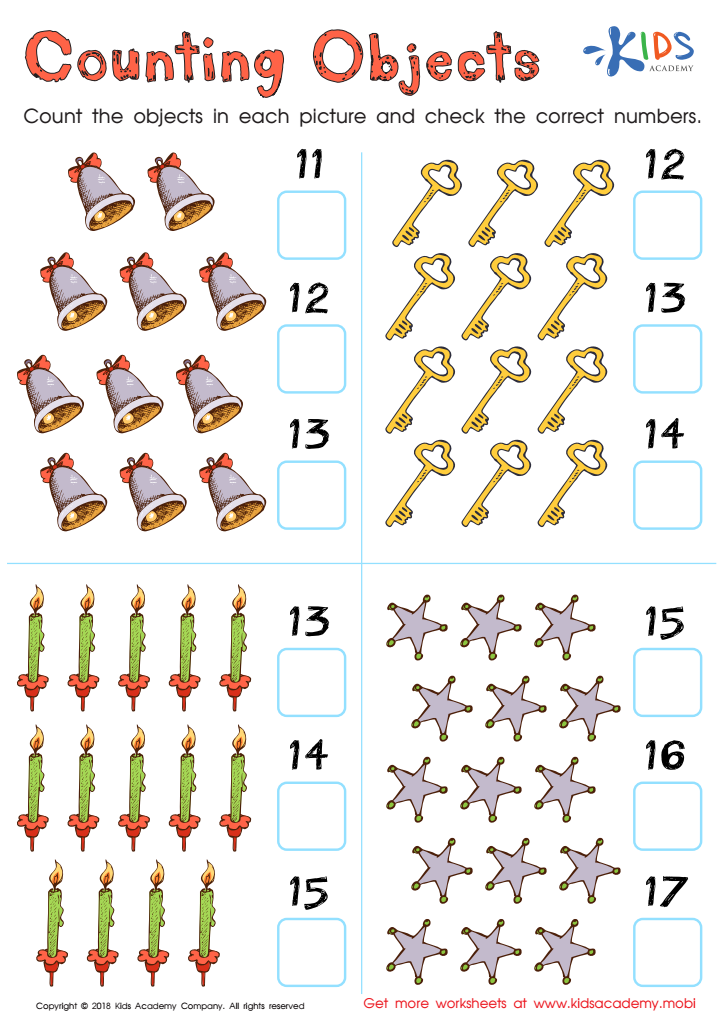

Counting Numbers Worksheet For Kindergarten
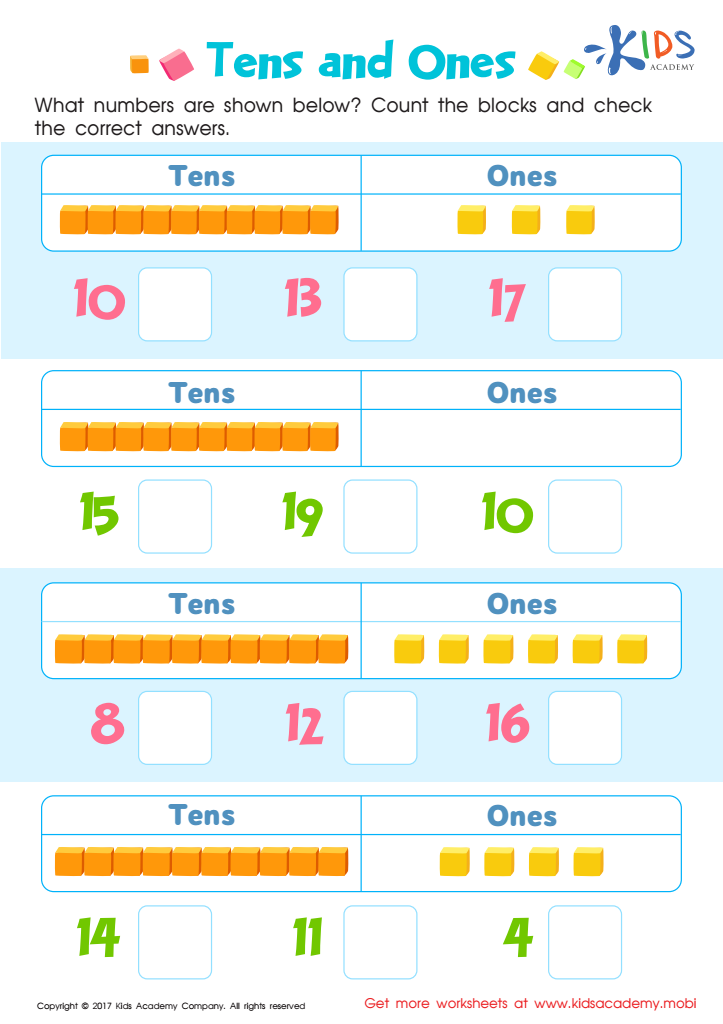

Tens and Ones Worksheet
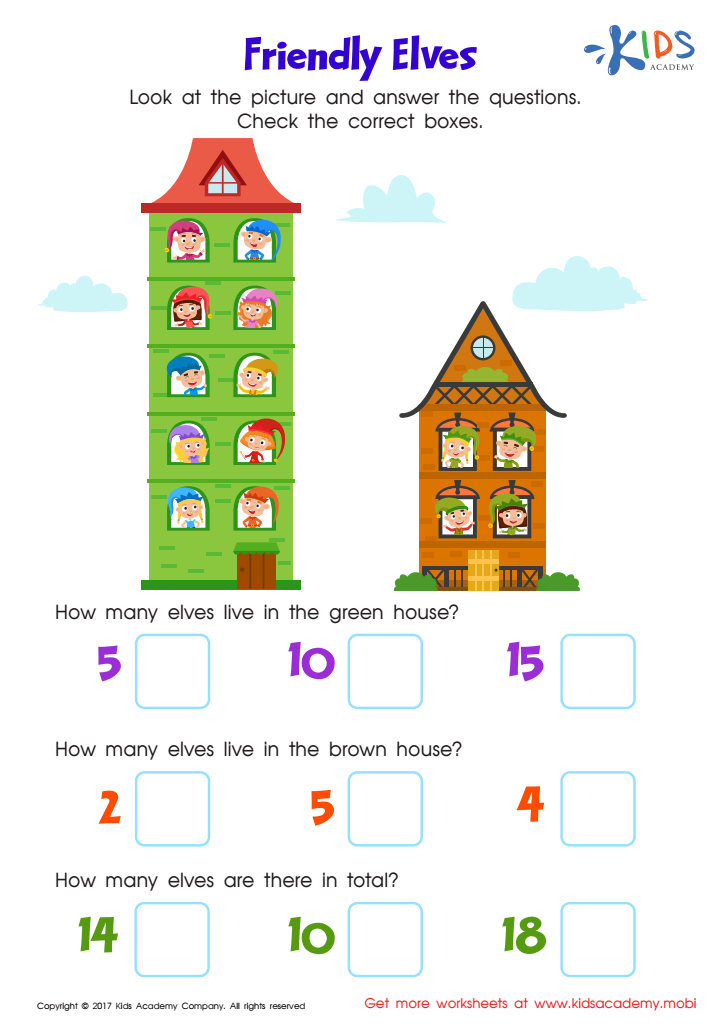

Place Value: Friendly Elves Worksheet
Normal Numbers 11–20 worksheets for Ages 5-6 are exceptionally useful educational tools that serve as fundamental building blocks in the numerical literacy of young learners. At ages 5 to 6, children are at a crucial developmental stage where they are ready to expand their understanding of numbers beyond the basic 1–10. These worksheets are tailored specifically to bridge this gap and introduce the next sequence of numbers in an engaging and age-appropriate manner.
The significance of Normal Numbers 11–20 worksheets cannot be overstated. They provide a structured way for children to explore numbers that are slightly more complex, nurturing their curiosity and enhancing their counting skills. By engaging with these worksheets, children learn not only to recognize and write numbers 11 through 20 but also to understand their value and how they fit into the broader numerical system.
These worksheets incorporate a variety of exercises designed to cater to the learning needs of 5 to 6-year-olds. From simple counting tasks and matching games to fill-in-the-blanks and sequencing activities, each worksheet is crafted to hold the child's attention and make learning about numbers 11–20 an enjoyable experience. This hands-on approach promotes active learning and helps young learners develop confidence in their mathematical abilities, setting a strong foundation for future math success.
 Assign to the classroom
Assign to the classroom
